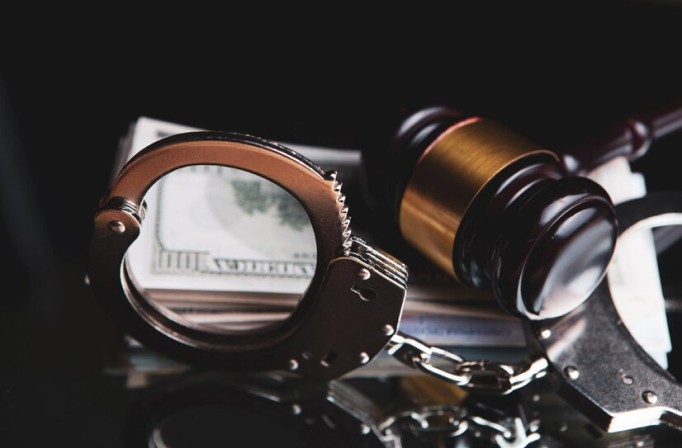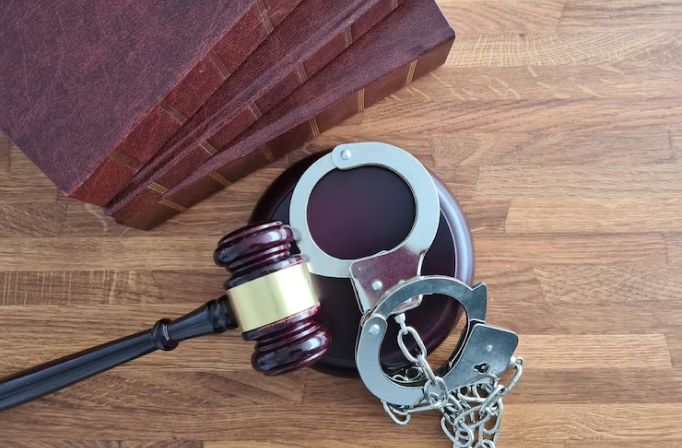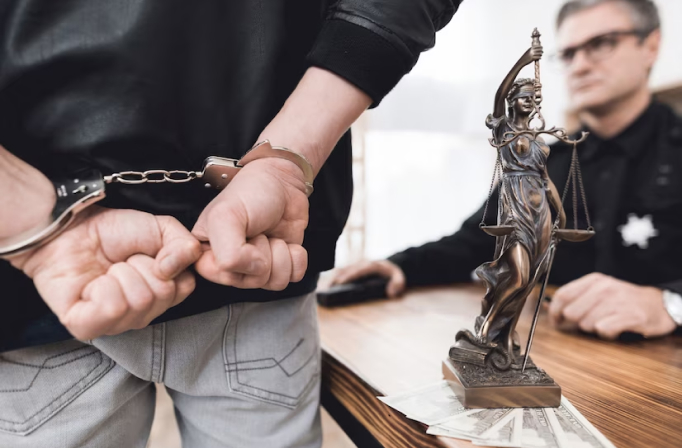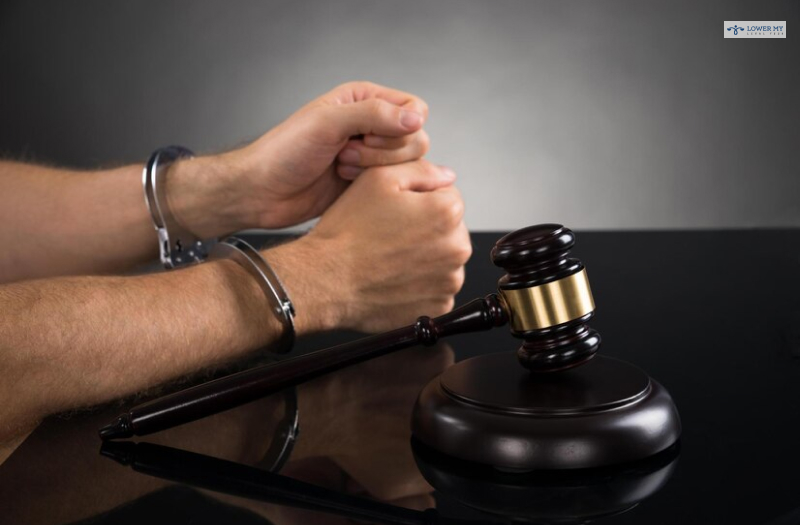If you are acquainted with criminal laws, criminal prosecution is jargon you know well. But, if you are not, do not worry. In this article, we will be discussing all the elements of criminal prosecution. In simple words, criminal prosecution is the process through which a defendant is charged for their criminal behaviors through a detailed legal process.
What Is Criminal Prosecution?

Before we dive into the intricacies of this legal term, you should know the definition of the word. It involves putting the individuals charged with a crime in a trial.
In addition, the criminal prosecution process also involves all kinds of procedural tasks conducted through the prosecution bodies, with the injured party’s assistance. The goal of this is to disclose the action prohibited by criminal law. Similarly, it also includes the identification of the actor and determining guilt.
Moreover, the prosecution involves a group of criminal law attorneys who aim to convict someone of a crime effectively. Prosecutors are primarily known for their ability to provide rights to the victims, suspects, and witnesses.
Criminal prosecution also plays a role in assisting the court through the presentation of relevant elements of a criminal case.
Who Is The Prosecution In A Criminal Case?

In criminal trials in the United States, the prosecution is the party presenting the case against the defendant. The government or state generally represents the prosecution in a criminal case.
Similarly, a variety of responsibilities are conducted by the prosecution in a criminal case. Some of these include:
Legal Representation Of The State
A criminal prosecutor is the legal representative of the state. Moreover, they are the state’s official representative in providing justice to the victim or the injured party.
Investigating The Case
A prosecutor in a criminal case is also known to play the role of investigating the case. This allows them to better understand the situation before filing the criminal case. Moreover, investigation enables the prosecution to have a better stand in filing charges against the defendant.
Charging The Defendants
Another role that the prosecutor plays is charging the defendant with the crimes they have committed against the injured party. Similarly, by setting the defendant, the prosecution initiates the beginning of the criminal trial.
Thus, these are a few responsibilities carried forward by the prosecution in a criminal case.
What Are The Steps In A Criminal Prosecution?

The criminal prosecution process is a lengthy process stated within the criminal law. But worry not; we will provide you with a simplified version of the criminal prosecution. Here are some of the steps that are included within the perspective of this legal process:
Police Investigation
Investigation by the police is the first stage of a criminal prosecution. This process is usually observed to occur before the arrest has been done. In this stage, police officers are known for their ability to investigate the matter for legal violations.
Preliminary Hearings
The second stage of this is the preliminary hearing. During this stage, the parties are allowed to negotiate a resolution and have an understanding of the case.
Bail
The third step within a criminal prosecution is also the first stage in a criminal case. This step usually occurs during the arraignment hearing of the defendant or appearing for the first time before the judge.
Criminal Trial
This is the fourth step in criminal prosecution and the second phase of all criminal proceedings. During this stage, the judge tries to determine whether the defendant is innocent or guilty effectively.
Appeals
Appeals appear as the fifth stage in the process of criminal prosecution. This step usually comes after the judge or the jury has decided on the criminal trial. This step involves the review of the original decision to determine any errors that occurred earlier.
Thus, these are the primary steps involved in a criminal prosecution case.
What Are The Requirements For Discovery Of The Defense And Prosecution In A Criminal Trial?

During a criminal prosecution process, a stage is known as the “discovery phase.” During this phase, the prosecution and the defense parties must provide certain information to develop a solid criminal case.
The requirements that are required during the discovery phase of a criminal trial are as follows:
- Names and addresses of individuals who are required for testification during a trial.
- Statements from the defendant
- Evidence that is intended during the trial.
- I have written or recorded statements of witnesses.
During this criminal trial phase, disparities and details are revealed widely. This is necessary throughout the case, where such information or discrepancies can make changes later on.
Moreover, the prosecution is responsible for disclosing appropriate data within the criminal trial. Similarly, this means that the disclosure does not depend on the defense’s previous request.
On the contrary, in 1963, the United States Supreme Court decided in Brady v. Maryland that prosecutors are accountable for revealing exculpatory evidence to the defense parties. This evidence does not have to confirm that the defendant is innocent. Moreover, it just needs to provide proof that might favor the defense.
Final Words
Now, you have a better understanding of the ways this system works in the United States. I will again repeat that the state uses this system to provide justice to the aggrieved party. In other words, it means charging the defendant for the crimes they have committed. I would suggest that you hire an experienced criminal lawyer to have a better legal understanding of the same.






